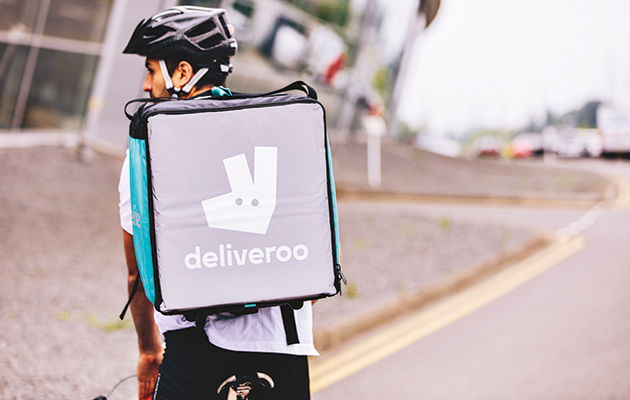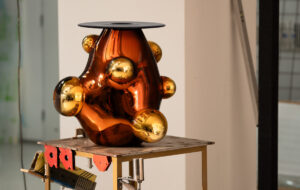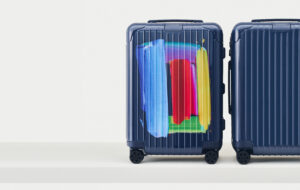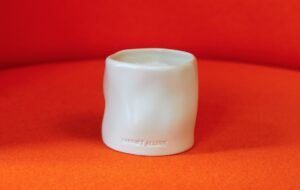|
|
||
|
Weighed down by student debt and living costs, millennials now have another burden to carry: the Deliveroo backpack The booker-shortlisted novel His Bloody Project by Graeme Macrae Burnet is the relentlessly grim tale of life in a 19th-century Scottish crofting community. The plot includes a death in childbirth, two hangings and a brutal triple murder, but there’s also time for a picnic. The 14-year-old protagonist, Roderick Macrae, is tasked by the laird’s ghillie to carry a large wooden coffer ‘three feet wide and two deep’ and ‘secured by a strap over the shoulder’, up a mountain. A gruelling two-hour climb later, the laird’s stag-stalking party unburdens the coffer of its contents: cold meats, vegetables, condiments, bottles of wine, crockery and glasses. Roderick has a potato. Today, of course, you can’t treat the malnourished children of crofters in that manner. But you could probably get a Deliveroo rider to bring a katsu curry from Wagamama out to your hunting party for about £4. It’s a sort of progress. There is something horribly Victorian about Deliveroo. Having divested the millennial generation of 20th-century luxuries such as affordable university education and the dream of home ownership, we are now dressing them up like pack mules and sending them out in all weather while we sit by the hearth waiting for our piping hot gourmet burgers. One rider recently told of delivering a single crepe to a City worker’s desk. In return, they get £6 to £7 an hour, plus £1 per delivery and, according to Deliveroo’s website, the chance to be part of an ‘active community’. But not insurance. Nor an employment contract. Nor sick pay. Oh, and they get a backpack: essentially a padded coffer in lurid corporate colours (funny how much branding these freelancers have to wear). The larger version, secured by shoulder straps, is two feet long, 16 inches wide and 13 inches deep – so again, progress of a sort. But it is still about as ergonomic as a fridge-freezer, ludicrously out of scale with the average human torso. When the bike turns a corner, the bag swings out wildly in the opposite direction, like the boom of a ship. Apparently they’re not as heavy as they look. Much of the volume is insulation, and orders aren’t necessarily large (a single crepe doesn’t weigh much). Some riders say they’re easier to weave through traffic than a scooter box. But the sheer ungainliness of the design tells another story, screaming of the iniquities of life in the new ‘precariat’. There’s a dissonance between the unignorable bulk of the backpacks and the way we’ve accepted Deliveroo as part of the street furniture (in 78 UK cities and growing) without batting an eyelid. Its rise marks a return of the semi-invisible serving class (some restaurants have installed new back entrances, so diners aren’t disturbed by the sight of delivery riders). But then, this is the gig economy: convenience is king, and kings need servants. |
Words Nick Jones |
|
|
||




















